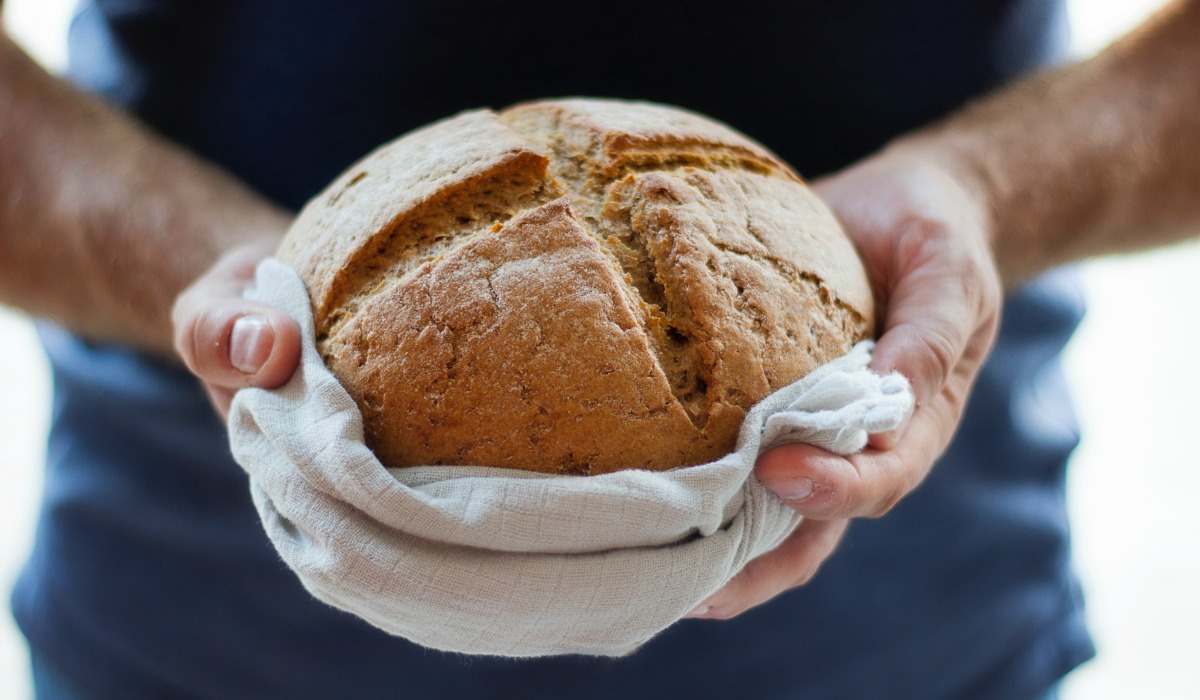Opening Up to Receive and Give

This week, Dan is joined by a longtime friend, Cary Umhau. Cary is the author of Burning Down the Fireproof Hotel, and her work has focused around connecting communities. In sharing her own story, she encourages listeners to remember the importance of seeing another and being seen by another. In this season of thanksgiving, Cary and Dan also discuss practical ways we can all give to those around us. They invite listeners to learn more about an initiative called Breadcoin. Happy Thanksgiving from The Allender Center. We are privileged to be a part of this work and are so grateful for our listeners, each and every one of you!
Dan: Cary is one of the truly fascinating people I have met. Could you tell listeners about your book, Burning Down the Fireproof Hotel?
Cary: I was a fireproof building. I didn’t want much of anything to get to me. I wanted to control life. God led me to a place called Fireproof Hotel. It was dead and tired and boarded up when I saw it. Over time, God did burn down that fireproof life and did it through grounding. He brought people into my life that challenged me about who I needed to protect myself from.
Dan: Tell us a little about Breadcoin.
Cary: It’s a tool to connect people. It’s a way to link communities. We can give breadcoins to those on the street to go get food. It allows us to invest in food-based entrepreneurs and create a tool of dignity. We do this in DC, knowing that politics will not have the answers.
Dan: It helps restore face-to-face engagement.
Cary: We use them for dinners. People can serve at one dinner and be paid in breadcoins to be able to be part of the meal next time. Even the homeless people are wanting to give the breadcoins to others. Our website is breadcoin.org, and we have vendors in DC and in Portland. It’s simple to create a contract.
Dan: We are all meant to give.
Cary: And we have it so backwards on the givers and receivers. I went to a conference about letting the stranger in. There, I was failed by the Christian professionals; I was not let in. But when I went to the mission, we saw each other. That was where I was home.
Dan: All of us who are givers know we are the recipients even when we have the privilege to care.
Cary: And sometimes we fail. I sat right next to a grieving acquaintance and didn’t engage. All of us need to do the thing in front of us, to show that we see each other and receive what they have to give.
Dan: Nothing is like the human face on behalf of another, and nothing is like its absence.
